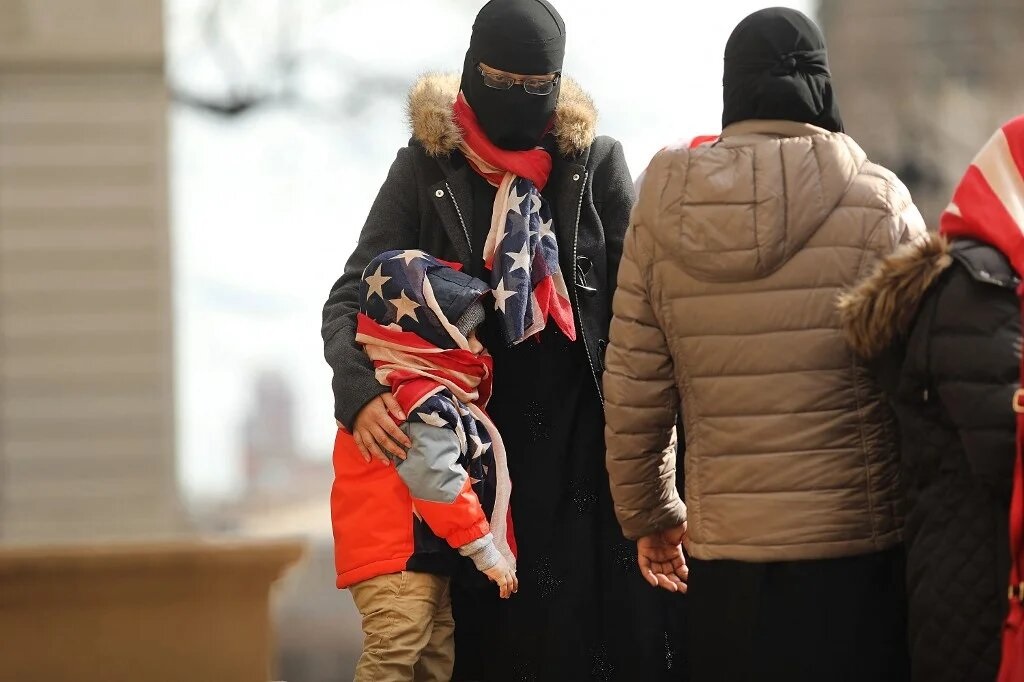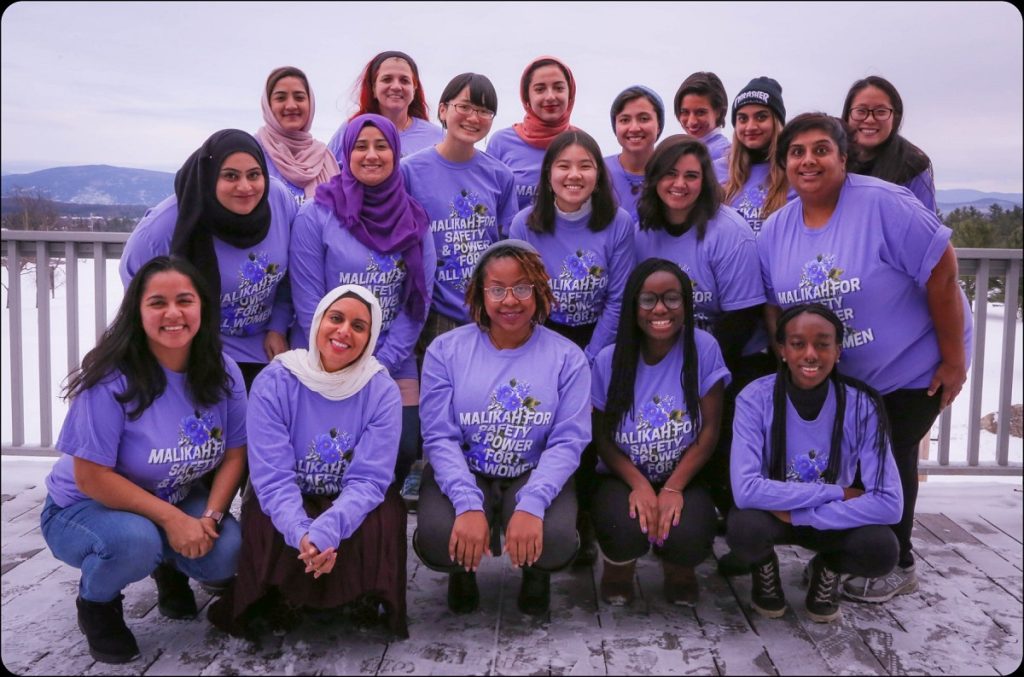Support for Divorced Arab Muslim Women in the United States
How American communities and institutions provide assistance, guidance, and empowerment

Divorce is a challenging experience for any woman, and for Arab Muslim women in the United States, it often involves balancing cultural expectations, religious identity, and legal realities. Many wonder whether American society offers genuine support and guidance for women navigating this difficult stage. The answer is yes, though the type of assistance varies across different levels—legal, social, and community-based.
1. Legal Protections and Rights
In the United States, divorced women—regardless of background—are protected under federal and state laws. Arab Muslim women have the same legal rights as any other citizen or resident, including:
-
Child custody rights and visitation agreements decided by courts with the child’s best interest in mind.
-
Financial support through alimony or child support orders, ensuring economic stability after divorce.
-
Legal aid organizations that provide free or low-cost legal services, often with multilingual staff to assist women from immigrant communities.

2. Social Services and Welfare Programs
Divorced women, including Arab Muslims, may qualify for U.S. government support such as:
-
Housing assistance programs for single mothers.
-
Healthcare coverage through Medicaid or state-funded programs.
-
Food assistance programs like SNAP (Supplemental Nutrition Assistance Program).
These resources help ensure women and their children do not face financial insecurity after separation.
3. Community and Cultural Support
Arab and Muslim community organizations across the U.S. play a vital role in supporting divorced women. Many mosques and Islamic centers provide:
-
Counseling services rooted in Islamic values.
-
Halal food pantries and financial aid for struggling families.
-
Women’s support groups where Arab Muslim women can connect, share experiences, and find encouragement.
These networks create a sense of belonging while respecting cultural and religious identity.
4. Nonprofit and Advocacy Groups
Beyond faith-based communities, there are nonprofit organizations that focus on immigrant and minority women. They offer:
-
Job training and career counseling to help women achieve independence.
-
Mental health support with therapists familiar with Muslim cultural backgrounds.
-
Domestic violence shelters for women leaving abusive marriages, many of which provide culturally sensitive care.

5. Challenges and Cultural Sensitivity
While resources exist, Arab Muslim women sometimes face challenges such as:
-
Language barriers, making it difficult to access government aid.
-
Community stigma, where divorce may carry social pressure or judgment.
-
Cultural isolation, especially for recent immigrants with limited networks.
To address these issues, many Arab American organizations work to bridge gaps between U.S. social services and Muslim communities.
Yes, American society does provide support, protection, and guidance for divorced Arab Muslim women. From legal rights and social services to community and religious networks, resources exist to help women rebuild their lives with dignity. The most important step is awareness—knowing what assistance is available and how to access it. With both mainstream and community-specific support, Arab Muslim women in the U.S. can find empowerment and a path toward stability and growth after divorce.



